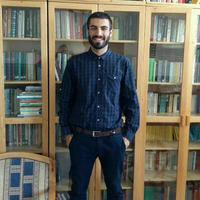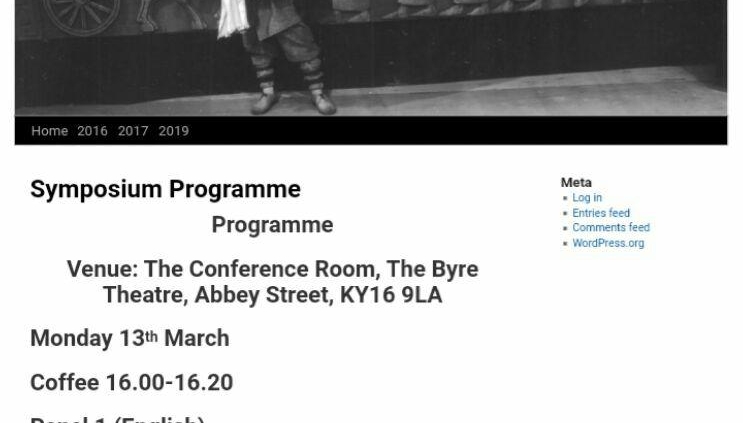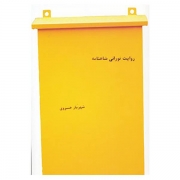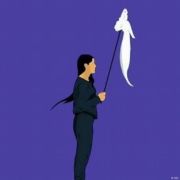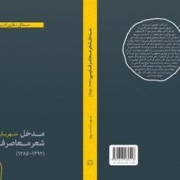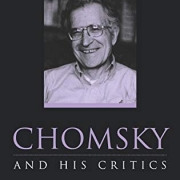Presented at Forum for the Cultural Studies of Iran, Saint Andrews University, 2015.
Shahriar Khosravi
University of Tehran, Faculty of Letters and Humanities, Department of Philosophy
Modern Persian Poetry, Shahriar Khosravi, Iranian Studies
Tracing theoretical aspects of poets’ struggles in contemporary Iran, we face countless controversial issues, each of which is worth to be discussed separately. Here, based on my recent book on the contemporary Persian poetry, I want to reduce these myriad struggles to three basic debates, each belonging to a specific theoretical level and representing a famous theoretical antagonism.
The first level is the poetical-rhetorical level in which we find people debating about ancient form/content dichotomy. The second one is related to another well-known topic, namely “committed literature” which parties arguing for and against. We can name this the ideological- political level. The final level is based on the subject/object distinction which has formed the most fundamental conflicts in metaphysics and epistemology since Descartes’ cogito appeared; we can call it the philosophical level.
I am going to claim it is possible to discover typical correlations between sides of this conflicts and I would argue that the dominant Nima-ian trend has shaped the most pervasive correlation: the symbolist-committed-objectivist paradigm which is embodied in practice of Nima Yushij himself as commonly interpreted. Of course this dominant paradigm has been frequently attacked by different marginal groups like formalists, non-committed poets or subjectivists and other correlations has shaped in the margins. The formalist-non committed-subjectivist picture has become dominant after 1979 Revolution. Here we discuss the issue by contrasting Nima-Yushij’s preface to Ayandeh’s collection of poems, The Final War (1952) with Reza Barahani’s theoretical appendix to his collection of poems; Addressed to Parvane-ha (1995).
